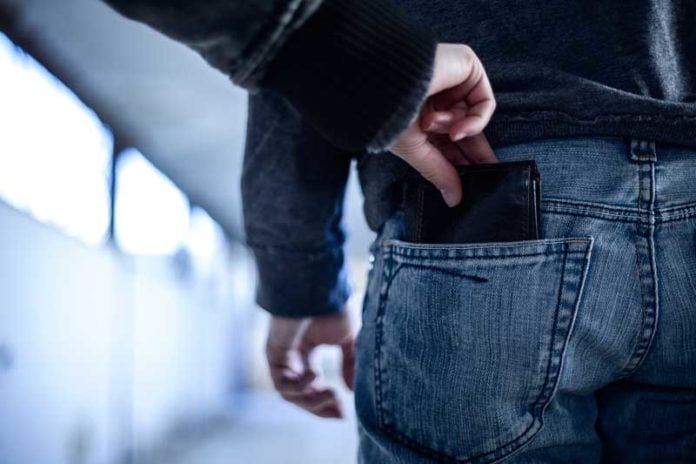This past week, House Democrats introduced legislation in Congress to repeal the 1994 ban on Pell Grants for state and federal prisoners and move money meant for low-income students to incarcerated criminals.
Supporters say the move would not only help rehabilitate criminals but slow the revolving door of repeat offenders in the nation’s criminal justice system. According to a statement released by bill sponsor Rep. Donna Edwards (D-MD):
“The REAL Act is about restoring education opportunities for our nation’s prisoners so they will have the opportunity to reintegrate as productive members of the community post-incarceration…”
“We know that helping economically challenged individuals work toward post-secondary study and training provides a better future for all Americans. We should provide such opportunities to all to ensure that the cyclical process of repeat incarceration does not continue.”
The five other sponsors of the bill – which would divert education dollars from low-income students to prisoners – are Reps. Danny Davis, Barbara Lee, Robert Scott, Rosa DeLauro, and Cedric Richmond.
Congress named the grant program after former Rhode Island Senator Claiborne Pell who created the education-funding plan to help low-income students who take a test and score high enough to merit a grant bridge the gap between what they had and what they needed to meet tuition at community colleges, universities and trade schools.
Prior to 1994, prisoners who were not serving life sentences had been eligible for Pell Grants but Congress revoked their eligibility in response to public outrage that prisoners who squandered their opportunities could receive Pell Grants while law-abiding students were left out.
“Law-abiding students have every right to be outraged when a Pell grant for a policeman’s child is cut but a criminal that the officer sends to prison can still get a big check,” then-Rep. Bart Gordon said at the time.
Opposition to federal education aid for prisoners has not mellowed with time.
Just last year, Governor Andrew Cuomo (D-NY) – a far-left pol who usually gets his way on funding and policy issues – abandoned a plan to pay the college costs of inmates following massive pushback from the state legislature.
That same year, three Republican New York Congressmen Chris Collins, Tom Reed and Chris Gibson introduced “Kids Before Cons” – a bill to prohibit the use of federal taxpayer dollars to provide a college education to convicted criminals. The measure came in response to Governor Cuomo’s proposal to provide free College Education to inmates at 10 state prisons.
Prison reform activists, including some conservatives and libertarians, say educated prisoners stand a better chance of leaving prison for good once released.
Research by the RAND Corporation found that inmates who received vocational education while serving their sentences were 43 percent less likely to reoffend, even after accounting for personality differences between inmates who pursue education and those who do not.
While the outcome of a single study may argue in favor of Pell Grants for prisoners, opponents say educating the incarcerated on the taxpayer’s dime should only be considered if funding remains after law-abiding students who need help get help.



























